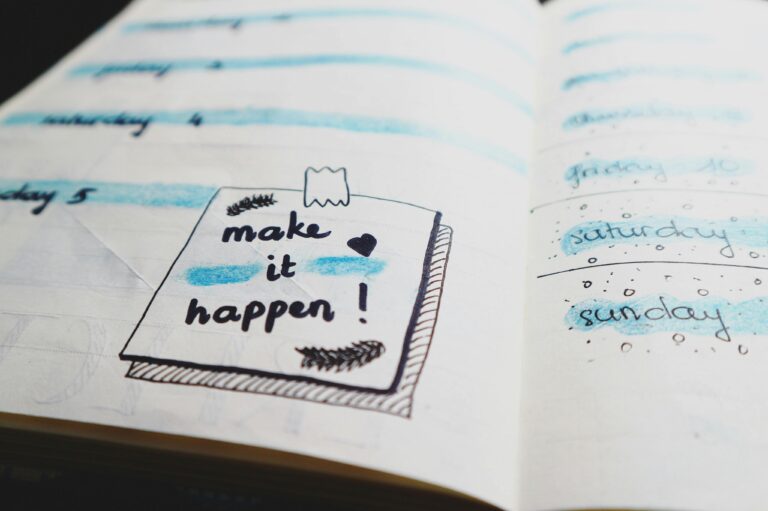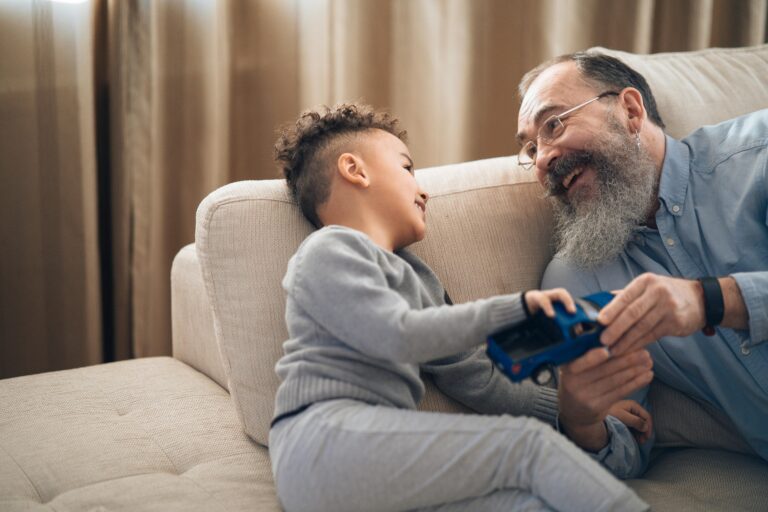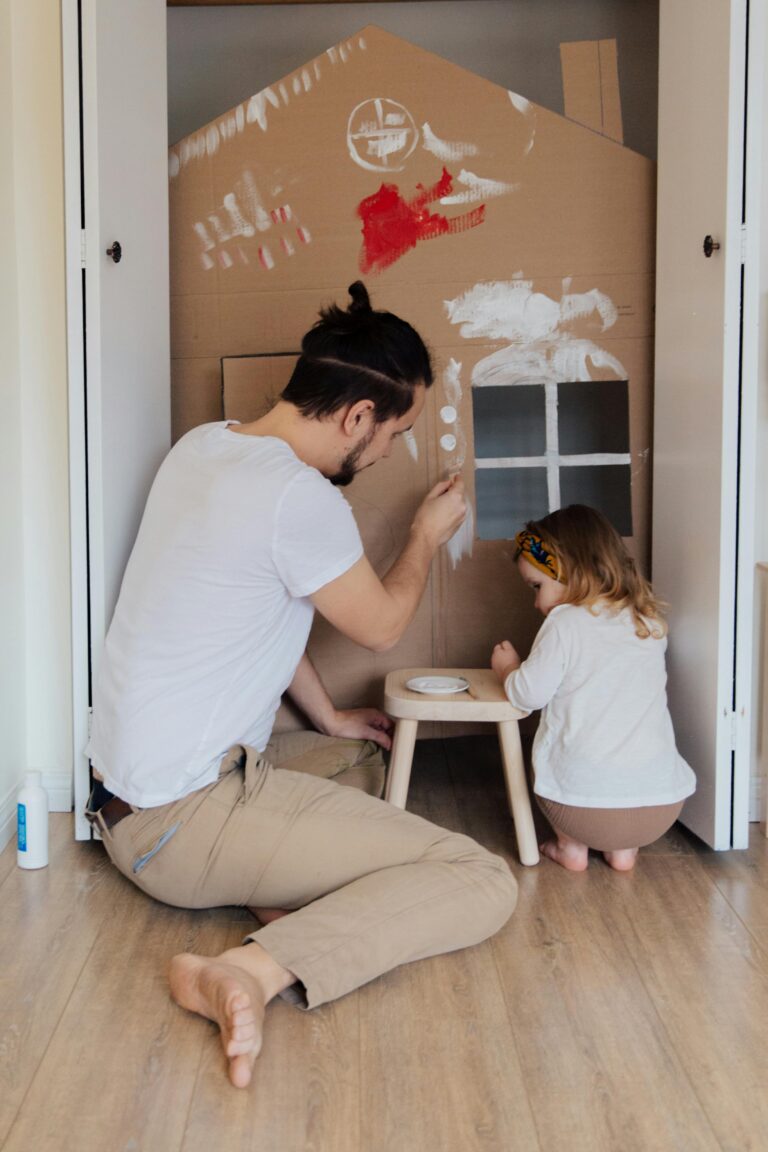Happy couples don’t just happen; they’re built through intentional actions partners do for each other.
After counseling hundreds of couples through every relationship scenario imaginable, I can spot the happy ones immediately.
They’re not necessarily the ones who never fight or have perfect compatibility.
They’re the ones who consistently show up for each other through deliberate, thoughtful actions.
Here’s what most people misunderstand: love isn’t just a feeling you have, it’s actions you take.
The couples celebrating decades of happiness aren’t riding some magical emotional high. They’re doing specific things for their partners that create and sustain deep connection.
Let’s talk about the 12 things happy couples do for each other that separate thriving relationships from struggling ones.
These aren’t complicated or expensive actions. They’re simple, repeatable practices that build the kind of love that lasts. 🙂
12 Things Happy Couples Do For Each Other
These actions aren’t just nice-to-haves, they’re the foundation of relationships that actually work long- term.
1. They Show Appreciation And Gratitude For Each Other Regularly

Happy couples make their partners feel valued through consistent appreciation.
They don’t take each other for granted. They express gratitude for both big gestures and small everyday actions.
“Thank you for working so hard.” “I appreciate you doing the dishes.” “I’m grateful you’re patient with me.”
Why appreciation matters so much:
- It makes your partner feel seen and valued
- It encourages more of the behavior you appreciate
- It creates positive emotional cycles
- It reminds both of you what’s working
- It prevents relationship complacency
I’ve watched marriages transform when couples start expressing gratitude daily.
Use apps like Grateful to track what you appreciate or simply make verbal appreciation part of your bedtime routine.
FYI, appreciation works best when it’s specific. “Thanks for being you” is nice, but “Thank you for listening when I needed to vent about work” hits harder.
2. They Prioritize Spending Quality Time Together, Even Amidst Busy Schedules
Happy couples protect their time together like it’s sacred, because it is.
They don’t just hope quality time happens. They schedule it, plan for it, and defend it against everything else competing for their attention. Date nights. Morning coffee together. Evening walks. Weekend adventures.
Quality time requirements:
- Full presence (phones away, attention focused)
- Regular occurrence (not just occasional)
- Variety (mixing routine check-ins with special experiences)
- Protection (not letting work/kids/life constantly interrupt)
I once counseled a couple who claimed they had no time for each other. We tracked their schedules and found hours wasted on social media and TV.
Once they redirected even 30 minutes daily to focused couple time, their connection transformed.
Schedule couple time in Google Calendar or Cozi and treat it as non-negotiable as work meetings.
3. They Communicate Openly And Honestly, Fostering Trust And Understanding

Happy couples don’t play guessing games with each other’s needs.
They say what they mean, express feelings directly. They don’t expect mind-reading or punish their partners for not intuiting their needs.
Effective communication includes:
- Expressing needs clearly: “I need…” not “You should just know…”
- Sharing feelings honestly: “I felt hurt when…” not silent treatment
- Discussing problems promptly: addressing issues before they explode
- Listening to understand: not just waiting to respond
- Communication apps like Lasting or Paired provide conversation prompts that keep communication flowing even during busy seasons.
Happy couples understand that assumptions and unexpressed expectations destroy relationships faster than almost anything else.
4. They Support Each Other’s Goals And Aspirations, Both Personally And Professionally
Happy couples actively champion each other’s dreams.
They don’t just tolerate their partner’s ambitions, they actively encourage and support them.
They celebrate wins enthusiastically, offer encouragement during setbacks, and make sacrifices that help their partner succeed.
Active support looks like:
- “How’s your project going?” (regular interest check-ins)
- “I’m so proud of you” (celebrating achievements)
- “What can I do to help?” (offering practical support)
- “I believe in you” (encouragement during doubt)
IMO, the saddest couples I counsel are those where one partner feels unsupported.
Their spouse isn’t actively sabotaging them, but they’re not cheering them on either.
That lukewarm support slowly kills the relationship.
5. They Practice Forgiveness And Let Go Of Grudges Quickly
Happy couples don’t keep relationship scorecards.
They address hurt promptly, have difficult conversations, forgive genuinely, and move forward.
They don’t weaponize past mistakes during new arguments or hold onto resentment.
Quick forgiveness requires:
- Addressing issues when they happen (not collecting them)
- Having the hard conversation, then releasing it
- Giving grace for human imperfection
- Not bringing up resolved issues repeatedly
- Understanding that grudges hurt the holder most
I worked with a client who kept a mental list of her husband’s wrongs spanning years.
Every argument became a trip through relationship history. Once she learned to forgive and release, their marriage transformed.
6. They Show Affection And Physical Intimacy Regularly Happy couples prioritize physical connection consistently.
They don’t wait until they “feel like it” to show affection, they kiss hello and goodbye.
They hold hands, they cuddle on the couch and maintain regular sexual connection even when life gets busy.
Physical intimacy benefits:
- Increased emotional closeness
- Stress reduction through touch
- Boosted mood and confidence
- Enhanced relationship satisfaction Better communication
- Deeper trust and vulnerability
Physical connection keeps couples bonded in ways conversation alone can’t achieve.
Happy couples make affection and intimacy priorities, not afterthoughts.
7. They Make An Effort To Understand Each Other’s Love Languages And Fulfill Them
Happy couples love their partners the way their partners need to be loved, not just the way that comes naturally to them.
They learn their partner’s love language and speak it fluently, even if it’s not their primary language.
If your partner needs words of affirmation, you give them. If they need quality time, you prioritize it.
The five love languages:
- Words of Affirmation (verbal encouragement and appreciation)
- Quality Time (focused, undivided attention)
- Receiving Gifts (thoughtful presents that show care)
- Acts of Service (helpful actions that ease their burden)
- Physical Touch (affection, intimacy, and connection)
Take the assessment at 5LoveLanguages.com together. Then commit to speaking your partner’s language even when it doesn’t come naturally.
8. They Share Responsibilities And Work As A Team In Managing Household Tasks And Decisions
Happy couples operate as partners, not competitors or roommates.
They divide labor fairly, make big decisions together, and support each other in managing life’s demands.
No one partner carries the entire mental load while the other coasts.
Effective teamwork includes:
- Dividing household tasks based on strengths and fairness
- Making major financial decisions together
- Supporting each other during busy seasons
- Communicating about schedules and needs
- Adjusting division of labor as circumstances change
I’ve watched resentment destroy marriages where one partner did everything while the other contributed minimally.
Happy couples distribute responsibilities in ways both partners feel are fair.
9. They Keep The Romance Alive Through Small Gestures Of Love And Surprises

Happy couples don’t let romance die after the honeymoon phase.
They surprise each other with thoughtful gestures, they plan special moments.
They keep dating even after marriage, they find ways to say “I’m thinking about you” regularly.
Romantic gestures include:
- Love notes hidden in unexpected places
- \Surprise date nights or weekend getaways
- Favorite meals cooked without being asked
- Thoughtful gifts that show you pay attention
- Random “just because” acts of kindness
Find surprise ideas on The Dating Divas or plan experiences through The Adventure Challenge.
Small, consistent romantic gestures maintain the spark that initially brought you together.
10. They Respect Each Other’s Boundaries And Individuality
Happy couples understand that healthy relationships include two whole people, not two halves trying to complete each other.
They encourage their partners to maintain friendships, pursue hobbies, have alone time, and retain their individual identities within the marriage.
Respecting individuality means:
- Supporting hobbies and interests you don’t share
- Encouraging friendships outside the relationship
- Honoring needs for alone time
- Not requiring your partner to be your everything
- Maintaining separate identities within partnership
Couples who lose themselves in marriage often end up resenting each other. Happy couples maintain healthy boundaries that protect both individuality and connection.
11. They Laugh Together And Enjoy Each Other’s Company
Happy couples genuinely like each other, they’re not just in love, they’re friends who have fun together.
They share inside jokes, watch comedy together, find humor in daily life, and don’t take themselves too seriously.
They create an atmosphere of playfulness and joy.
Laughter matters because:
- It releases feel-good chemicals that bond you
- It helps navigate stress without constant heaviness
- It creates unique couple identity through inside jokes
- It reminds you that you actually enjoy being together
- It keeps relationships feeling alive instead of transactional
The happiest couples I know laugh together daily. They’re playful, silly, and light with each other even during serious life seasons.
12. They Continuously Work On Strengthening The Relationship And Adapting To Each Other’s Changing Needs And Desires

Happy couples treat their relationship like a living thing that needs continuous care.
They read relationship books together, they attend workshops or therapy proactively.
They check in about how the relationship is doing, they adapt as both partners evolve.
Continuous growth includes:
- Regular relationship check-ins about what’s working/what’s not
- Reading books or taking courses together
- Attending couples therapy proactively (not just in crisis)
- Adapting to life stage changes (kids, career shifts, aging)
- Staying curious about each other as you both evolve
Find relationship resources on Audible, courses through The Gottman Institute, or therapy through BetterHelp.
Marriage either grows or stagnates, happy couples choose growth.
Why These Actions Matter
These 12 actions work because they create reciprocal cycles of love and respect.
When you consistently do these things FOR your partner, several things happen:
- Your partner feels valued and naturally wants to reciprocate
- Positive patterns replace negative ones over time
- Trust deepens through reliable, consistent actions
- Connection strengthens despite life’s challenges
- Love becomes sustainable instead of just fleeting emotion
After years of counseling, I can tell you that the couples celebrating 50+ years of happy marriage did these 12 things consistently for decades.
It’s not magic or luck, it’s intentional, repeated action.
Making These Actions Habitual
Knowing what to do and consistently doing it are different challenges.
Start implementing these practices:
This week: Choose 3 actions to focus on. Maybe appreciation, quality time, and communication. Do them consistently.
This month: Add 3 more actions. Now you’re practicing 6 of the 12 regularly.
This quarter: Implement all 12 actions consciously. Track your progress using apps like Habitica or Streaks.
Long-term: These actions become habitual. You stop thinking about them consciously, they’re just how you operate as a couple.
When Both Partners Need To Participate
Here’s the uncomfortable truth: these actions only work when both partners do them.
If you’re doing all 12 while your partner does none, you’re in a one-sided relationship. That’s not sustainable or healthy.
Happy couples happen when both people:
- Commit to these practices
- Work on themselves individually
- Show up consistently for each other
- Prioritize the relationship over competing demands
If your partner won’t participate despite genuine efforts to engage them, that’s a different problem requiring professional intervention or serious evaluation of the relationship.
The Bottom Line
Happy couples aren’t special or lucky, they’re intentional about doing things FOR each other.
These 12 actions separate couples who stay deeply connected from those who drift into roommate territory. The difference isn’t complicated.
It’s consistent effort to show up for your partner through actions that create and sustain love.
They prioritized their partner over convenience, effort over autopilot, action over just feeling.
Watch your relationship transform as these actions compound over time.
Happy relationships aren’t found, they’re built, one intentional action at a time.
Which action will you start with today? Pick one and commit to doing it consistently this week. Then add another. Small actions create big transformations when done consistently.








